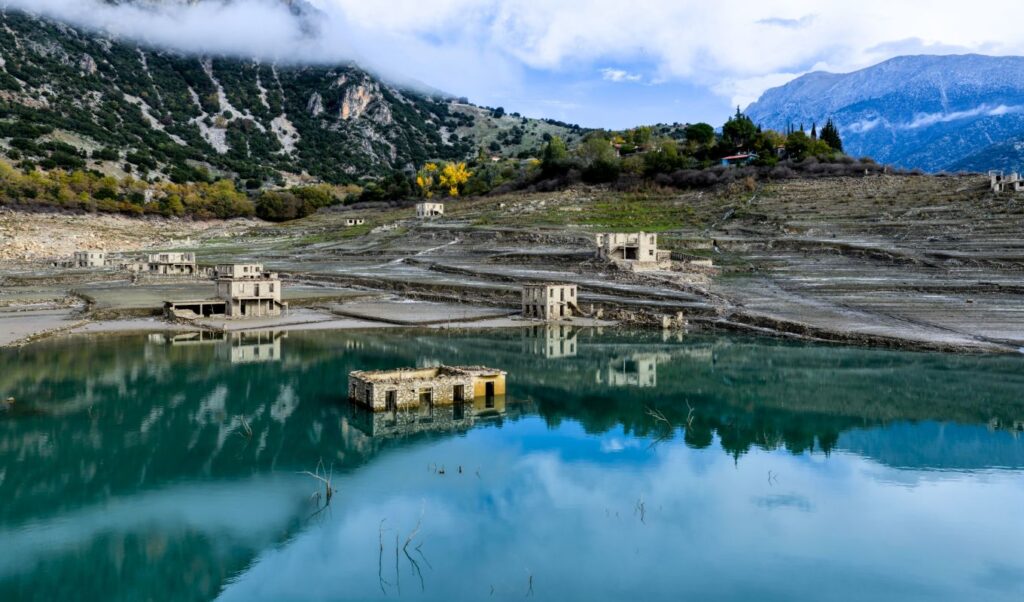The alarm over water shortage in Attica is raising concerns about potential impacts on citizens’ water bills. However, Environment Minister Stavros Papastaurou categorically clarified that declaring a state of “emergency” does not entail financial burdens or restrictive measures for residents.
Water shortage alarm: What the emergency decision includes
The announcement of the “emergency” state aims exclusively at accelerating procedures for critical water infrastructure projects. As Papastaurou emphasized in his statements on Action24 on Wednesday evening (26/11), this measure concerns faster project implementation, not consumer burdens.
The Regulatory Authority for Waste, Energy and Water (RAWEW) approved the emergency state for Attica, Leros and Patmos, enabling faster completion of studies and interventions that would normally require more time under regular conditions.
How water tariffs in Attica are affected
Regarding water bills, the minister was categorical: the decision has absolutely no connection to tariff changes. The Authority’s positive opinion will accelerate critical EYDAP projects without causing financial impacts on consumers. Citizens will not face emergency measures or restrictions on water use. The emergency state functions as a tool for expediting bureaucratic procedures and faster approval of necessary infrastructure projects.
Historical data on water shortage in Attica
The Attica region cyclically faces water shortage problems approximately every 25 to 30 years. Papastaurou recalled historical data demonstrating this periodicity:
- In 1926, the Marathon dam was constructed under the Venizelos government
- In 1956, Yliki followed
- In 1979, Mornos was added
- In 1991, the Evinos study was conducted after the biggest water shortage crisis
Current state of water reserves
Until 2021, Attica’s reservoirs held 1.1 billion cubic meters of water. Since 2022, however, a significant loss of 250 million cubic meters annually has been recorded. The main factors contributing to reserve depletion include a 25% decrease in rainfall, increased evaporation, and other parameters related to climate change.
The minister concluded by emphasizing the need for immediate action when the Regulatory Authority deems measures necessary, without further delays that could worsen the situation. “If the Regulatory Authority determines that immediate measures are needed, we must act without delay,” he stressed.




